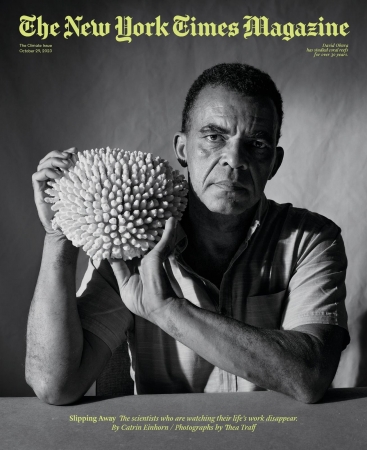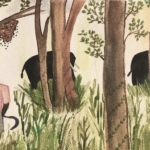Bending the curves – balancing nature, economy and society, from the bottom up
David Obura - Chair, IPBES
- Start Friday 12 Apr 2024 4:15pm
- Finish Friday 12 Apr 2024 5:30pm
- Venue School of Geography and Environment Lecture theatre

Abstract: Bending the curve of biodiversity decline, ie. halting and reversing loss, has been adopted as the mission for the Global Biodiversity Framework. While conservation and restoration are necessary to achieve this, they are not sufficient and this talk focuses on the two sets of actions that need far greater attention – a) bending and reversing the drivers of biodiversity decline, which requires primary focus on indirect drivers, in particular overconsumption, and b) redressing equity imbalances. Both entail specific responsibilities and actions, by those who over-consume, and for those who under-consume. Focusing on healthy and sufficient nature at square kilometre scales provides a direct approach to address these issues, providing tangible opportunities to revert financial capital into natural capital to nature, economy and society for a sustainable future.
Biography – David Obura chairs the Intergovernmental Platform on Biodiversity and Ecosystem Services (IPBES), is on the Earth Commission and is a Founding Director of the coral reef research and conservation organization CORDIO East Africa. With 30 years of experience addressing ecological and climatic challenges in Africa and tropical coastal regions, he is developing a new focus on sustainability and equity, linking challenges and solutions from local to global scales, and working with diverse teams to identify pathways to a safe and just world for present and future generations.
The Biodiversity Network is interested in promoting a wide variety of views and opinions on nature recovery from researchers and practitioners.
The views, opinions and positions expressed within this lecture are those of the author alone, they do not purport to reflect the opinions or views of the Biodiversity Network, or its researchers.

